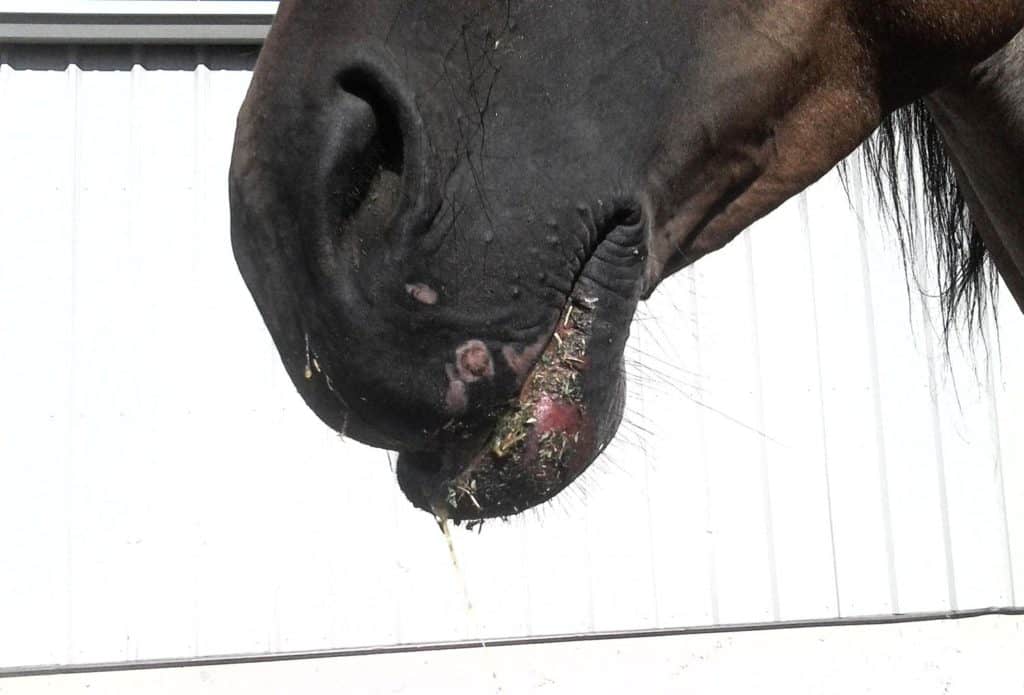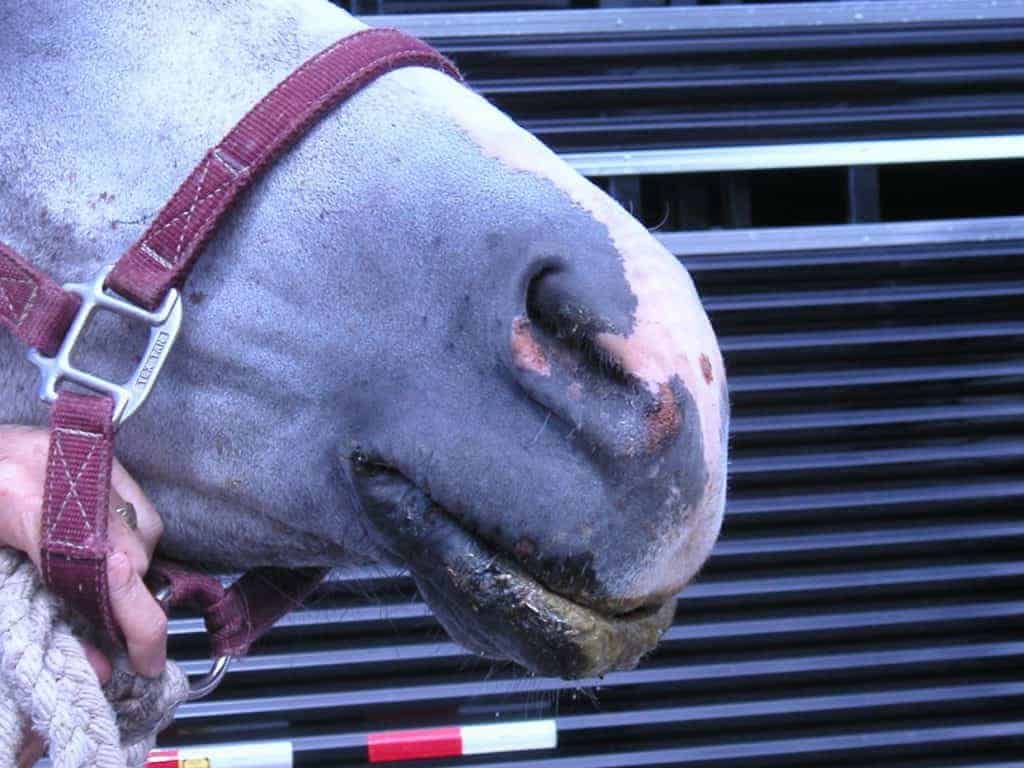
VSV Update: First Premises Decrease in Five Weeks
According to a Sept. 19, 2019, USDA update, the number of newly affected premises has dropped for first time in five weeks.

According to a Sept. 19, 2019, USDA update, the number of newly affected premises has dropped for first time in five weeks.

Seven states remain affected by vesicular stomatitis virus.

To protect horses and other livestock in Ohio, the state is not allowing the import of horses from counties with confirmed and suspected cases of the highly contagious vesicular stomatitis virus.

Here’s the most recent vesicular stomatitis virus update from the USDA.

Here’s your update on VSV-positive states and counties.

Horse owners in the southwestern and western U.S. should be aware of the current VS outbreak situation and implement aggressive vector mitigation and biosecurity strategies to protect their horses.

Here’s your update on confirmed positive and suspect states and counties.

Officials have identified three affected equine premises in Emery and Uintah counties.

Here’s an update of equine-related VS cases as of Aug. 15.

USDA also updates confirmed VSV cases in Colorado, New Mexico, Wyoming, and Texas.

A veterinarian who examined the affected herd found no additional animals with clinical signs of VS.

Outbreaks have been confirmed in Colorado, New Mexico, Texas, and Wyoming in addition to a recent case in Tillman County, Oklahoma.

The mare’s owner contacted a veterinarian after noticing lesions in her mouth. The state veterinarian confirmed vesicular stomatitis as the cause and placed the mare under quarantine.

Colorado, New Mexico, and Texas also reported new cases since the last federal situational update was released on July 18. Colorado alone added 40 cases.

Since the Texas Animal Health Commission made its last vesicular stomatitis virus update on Friday, July 12, 2019, the state has received reports of confirmed VSV cases on 11 new equine premises.

You can help prevent the spread of vesicular stomatitis. Find out how from New Mexico’s state veterinarian.
Stay on top of the most recent Horse Health news with
"*" indicates required fields